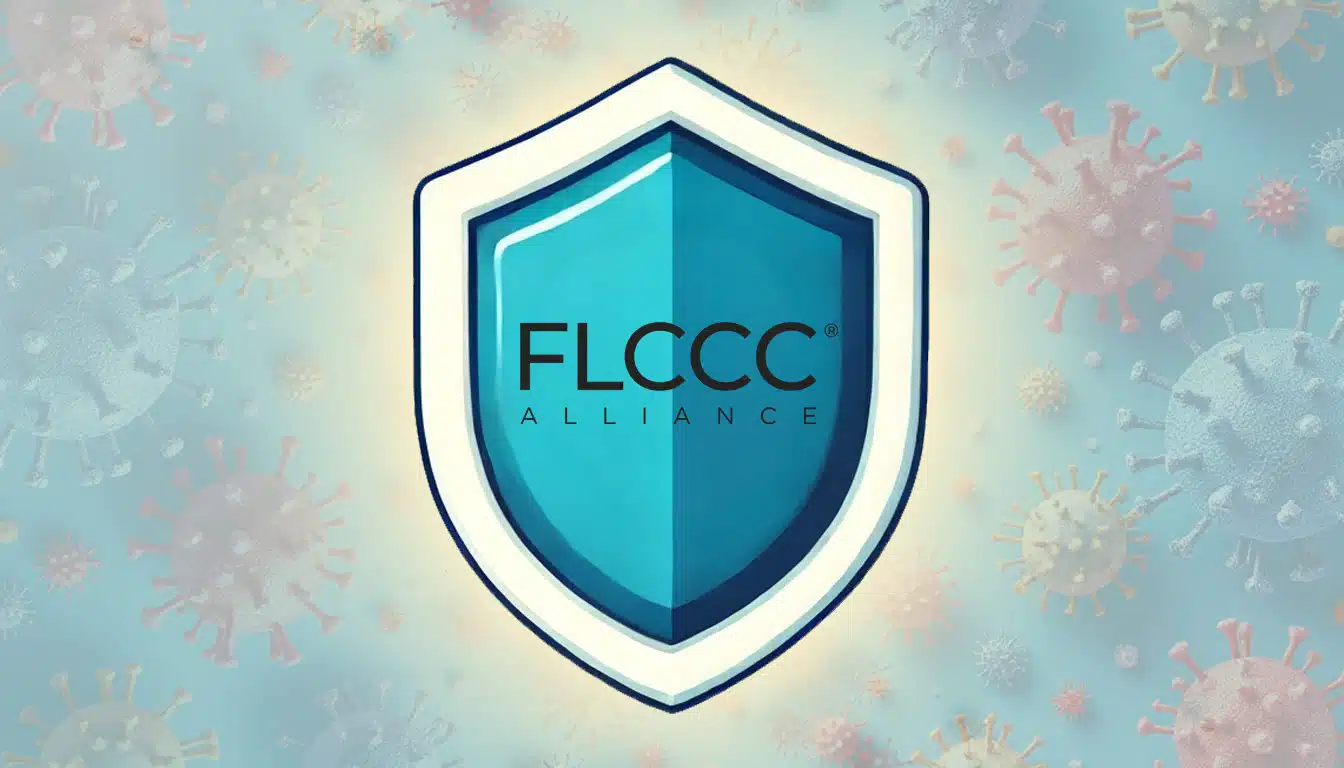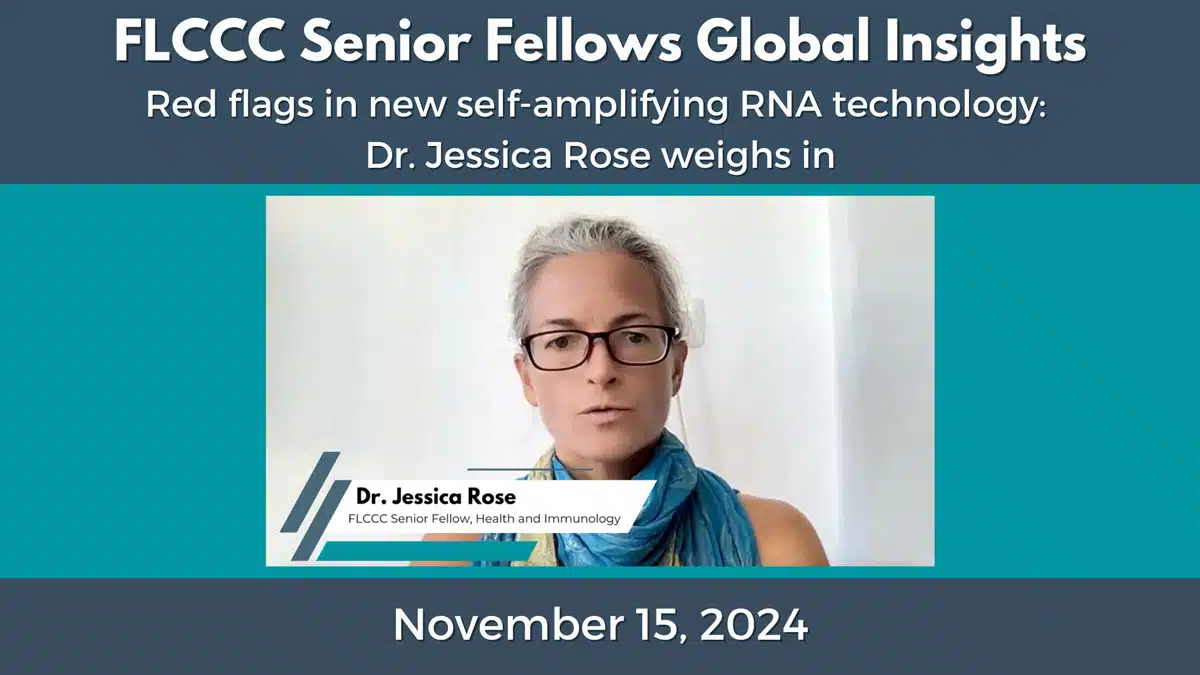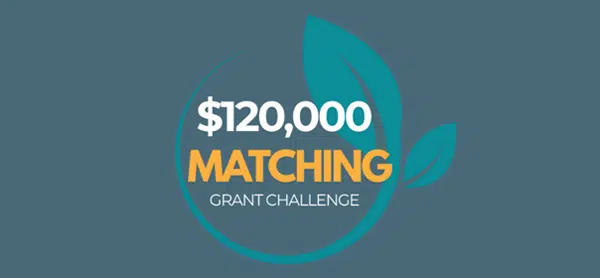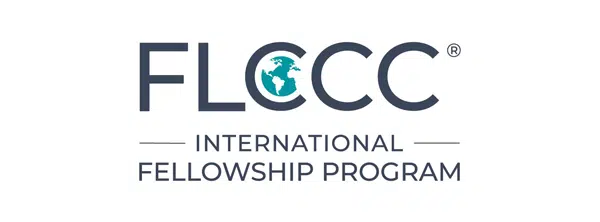An international team of researchers found that a combination of repurposed drugs and supplements can effectively manage cancer metabolism, halting the progression of some cancers.
WASHINGTON, D.C. – An international team of medical scientists including a professor of oncology and a world-renowned critical care physician recently completed an exhaustive review of more than 500 published studies to further the understanding of metabolic approaches to preventing and treating cancer. The peer-reviewed study published this week in the journal Nutrients showed that it is possible to inhibit cancers metabolically by depriving them of vital energy in the form of glucose. The new research also showed that in addition to dietary and lifestyle behaviors, there are many nutritional supplements and repurposed drugs associated with better cancer prevention and treatment outcomes.
“We hope that our research will bring attention to often overlooked methods for preventing and treating cancer as well as managing the symptoms from conventional treatment,” said Paul E. Marik, M.D., FCCM, FCCP, co-author of the study, chief scientific officer of the FLCCC and former Chief, Pulmonary and Critical Care Medicine at Eastern Virginia Medical School. “Our research set out to explore the hypothesis that cancer tumors consume higher amounts of glucose compared to most non-cancer tissues, so by maintaining lower glucose levels in the body through a combination of dietary, and lifestyle changes along with certain medications and supplements, cancer tissues are ‘starved’ of energy and stop proliferating and can become more responsive to other treatments.”
The study examined the Warburg hypothesis, named for the Nobel laureate Otto Heinrich Warburg, who in 1924 hypothesized that unlike other tissues in the body, cancer tumor growth is a result of tumor cells consuming energy from glucose. Therefore, if glucose levels in the body remain low, the cancerous tissues will be deprived of the energy needed to grow, resulting in reduced tumor growth and potentially full remission. The study identifies that managing glucose is best achieved through implementing a ketogenic diet which has been well-studied in recent years as an effective metabolic approach to preventing or reversing several diseases including Type 2 Diabetes, high cholesterol, and obesity. Additionally, there are several repurposed medications and supplements reviewed in the study for their abilities to support glucose management and act as complementary therapies to ongoing cancer treatments. These adjuncts include Vitamin D3, omega3 fatty acids, green tea, Metformin, curcumin, and Mebendazole, a drug that prevents the absorption of glucose.
“Although physicians are trained to guide cancer patients to eat a healthy diet as part of their treatment, the use of a ketogenic diet and a selection of supplements and repurposed medications is often overlooked in conventional protocols,” said Jack Tuszyński, Ph.D., a co-author of the study and a Professor in Experimental Oncology in the Department of Oncology at the University of Alberta Cross Cancer Institute. “Our research takes a big step forward in better understanding how cancer can be more effectively treated with less side effects through using well-studied approaches that include readily available medications and focusing on manageable lifestyle changes.”
The published study can be found here.
The FLCCC published its Cancer Care Monograph in June of this year. A copy of the monograph can be found here:
About the Front Line COVID-19 Critical Care Alliance
The FLCCC Alliance was organized in March 2020 by a group of highly published, world renowned critical care physicians and scholars with the academic support of allied physicians from around the world. FLCCC’s goal is to research and develop lifesaving protocols for the prevention and treatment of COVID-19 in all stages of illness including the I-RECOVER protocols for “Long COVID” and Post Vaccine Syndrome.








